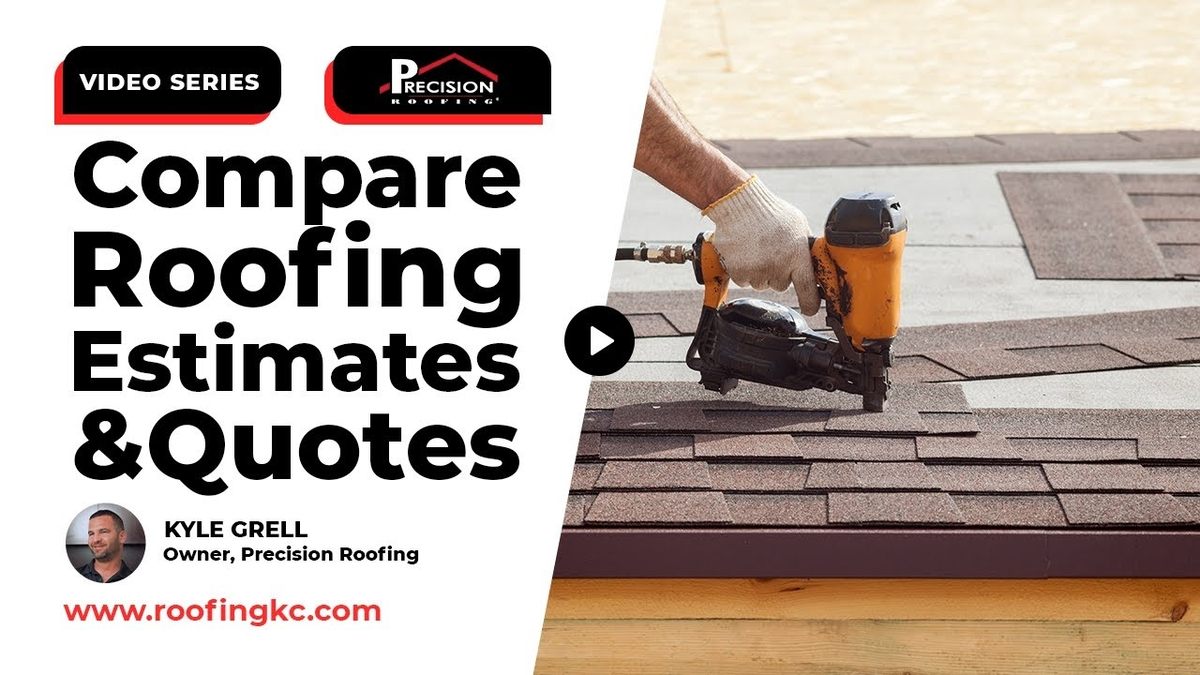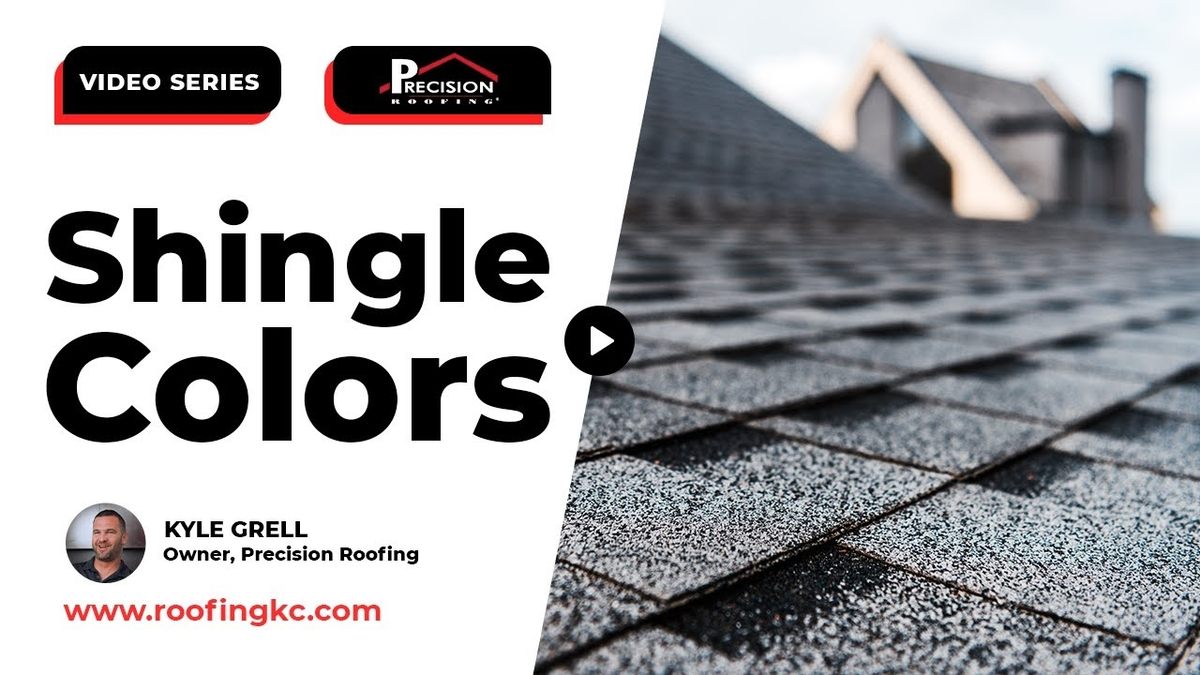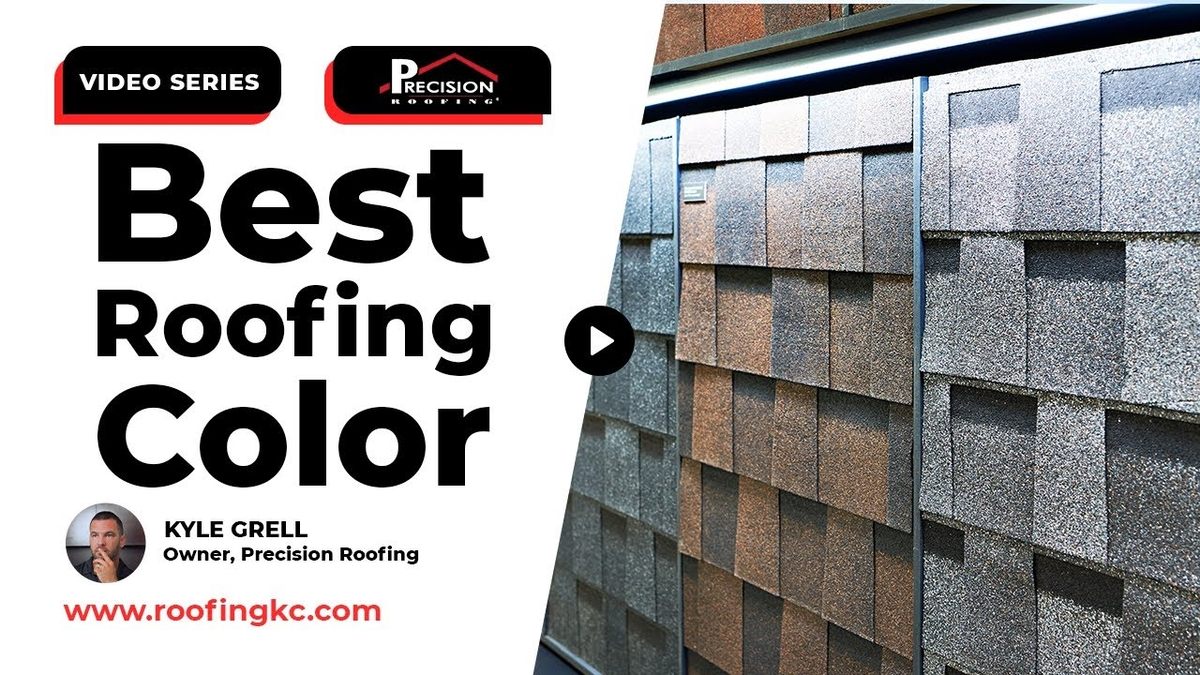Class 4 shingles are built to handle severe weather, and their impact resistance is proven through specific industry testing designed to simulate real-world storm conditions. These shingles are rated for their ability to withstand hail and flying debris without cracking, tearing, or showing significant damage. In this post, we’ll explain how Class 4 shingles’ impact resistance is measured and what that means for long-term roof performance, insurance savings, and overall peace of mind.
What Makes a Shingle “Class 4”?
Class 4 is the highest rating in the UL 2218 impact resistance test, an industry-standard method used to determine how well roofing materials can resist hail and debris. For a shingle to be classified as Class 4, it must withstand demanding tests that simulate real-world storm conditions.
Drop Ball Testing: The Standard Method
One of the most common ways manufacturers test for Class 4 shingles’ impact resistance is through a steel ball drop test. In this process:
- A steel ball measuring 2 inches in diameter is dropped from 20 feet directly onto the shingle.
- This is done repeatedly, targeting critical areas like the edges and center.
- The goal is to see whether the shingle cracks, splits, or shows visible signs of damage.
The test doesn’t just look at the surface. Inspectors also examine the scrim (the reinforcement layer) and the matting underneath. For a shingle to pass, there must be no tears or fractures, inside or out.
Class 4 Shingles Impact Resistance: What You Should Know
Roofing materials vary in quality, and their performance can differ greatly during severe weather. Class 4 shingles are designed to resist damage better than standard asphalt or three-tab shingles. Here’s what else you need to know:
Common Misconceptions
It’s important to understand that Class 4 doesn’t mean “hail-proof.” No roof is completely immune to storm damage. However, Class 4 shingles are much less likely to be punctured or torn, which reduces your chances of needing a full roof replacement after a moderate hailstorm.
What Happens During a Hail Event?
If a storm damages nearby roofs but your Class 4 shingles remain intact, you’re in a much better position. Insurance companies recognize this performance advantage, so many offer policy discounts when these shingles are installed.
Top Class 4 Shingle Brands We Recommend
We’ve worked with most of the top shingle manufacturers, and there are a few standouts when it comes to Class 4 performance:
- Owens Corning: Known for their high-quality asphalt shingles with strong reinforcement layers.
- GAF: Offers a wide variety of styles that meet Class 4 standards.
- Malarkey Roofing Products: Delivers impressive flexibility and impact resistance.
- Brava Synthetic Roofing: If you’re leaning toward synthetic materials, Brava offers options like Spanish barrel tile that are not only Class 4 rated but also visually appealing.
Each of these brands meets the same core testing standards. Your decision usually depends on the style you prefer and the experience of the installer.
Does Installing Class 4 Shingles Lower Your Insurance?
Many customers are surprised to learn that installing Class 4 shingles may lead to insurance discounts. These discounts aren’t guaranteed, but here’s how it typically works:
Why Insurance Companies Care
Insurance companies are in the business of managing risk. If you install Class 4 shingles and a hailstorm causes little or no damage to your roof, that saves them from paying for an expensive claim. In turn, some of those savings may be passed on to you as a premium discount.
How to Find Out
We recommend reaching out to your insurance agent directly. Ask whether your policy offers discounts for roofs rated with Class 4 impact resistance shingles. You may need documentation or certification from the shingle manufacturer or installer.
Choosing the Right Installer Matters
The product is only part of the equation. To get the full benefit of Class 4 shingles, you need a qualified roofing contractor who understands proper installation practices. We’ve seen excellent materials underperform simply because they were installed incorrectly.
When you work with us at Precision Roofing, we take the time to:
- Recommend the best brand and material for your home.
- Install shingles to meet or exceed the manufacturer’s standards.
- Document everything for your insurance records.
Key Takeaways
- Class 4 shingles’ impact resistance is determined through rigorous drop ball testing and inspection of surface and internal materials.
- Major brands like Owens Corning, GAF, and Malarkey produce shingles that meet these standards.
- Installing Class 4 shingles may qualify you for insurance discounts, but check with your provider.
- Partnering with an experienced installer ensures you get the performance you’re paying for.
If you’re ready to upgrade your roof with Class 4 shingles or have questions about impact resistance and insurance benefits, contact us at Precision Roofing today. We’re here to help you make a confident, informed decision.



